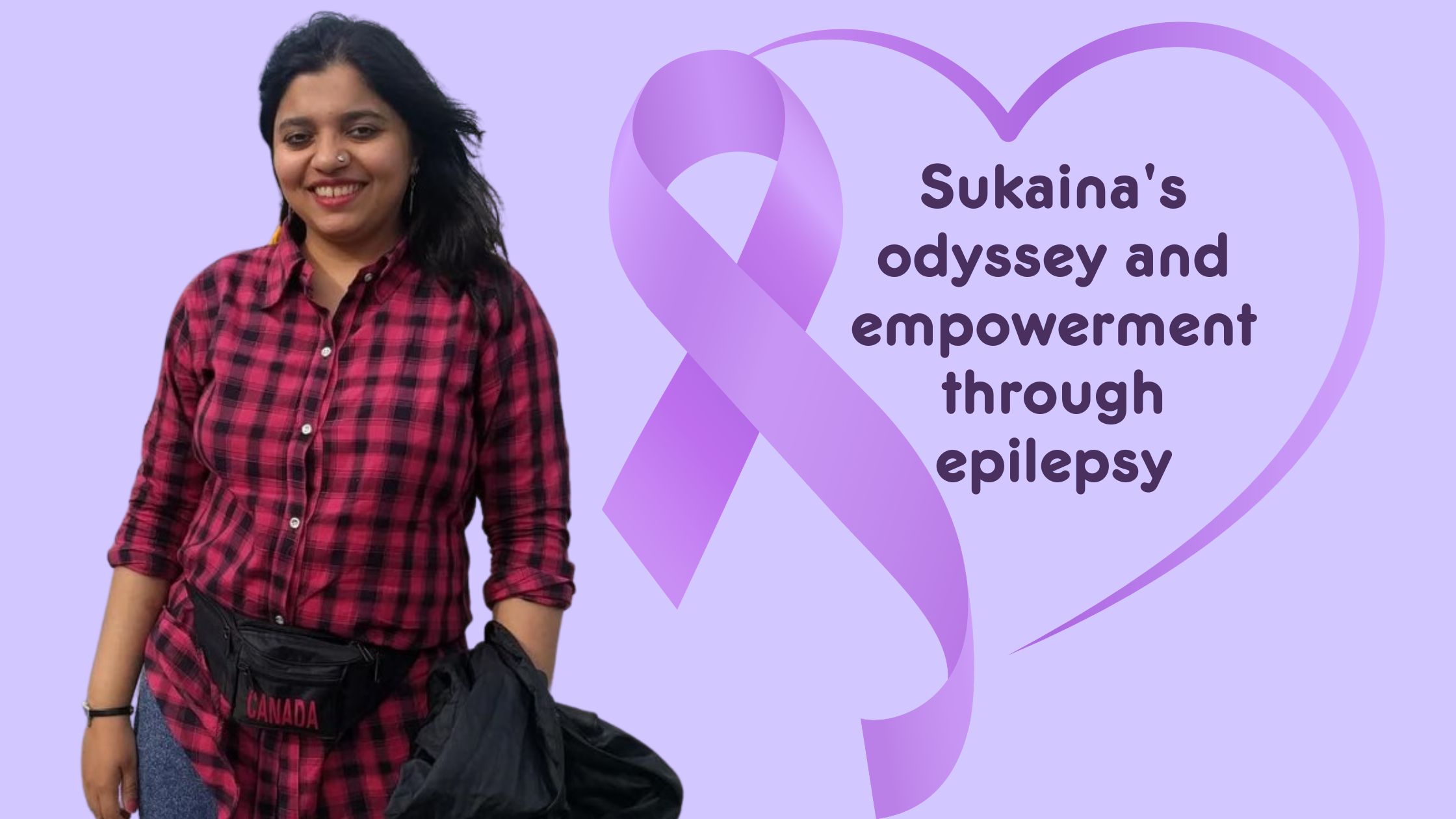Sukaina’s odyssey and empowerment through epilepsy
- November 16, 2023
- Stories
November marks Epilepsy Awareness Month, a crucial time dedicated to shedding light on the challenges faced by those living with epilepsy, breaking down stereotypes, and moving towards better understanding and inclusion.
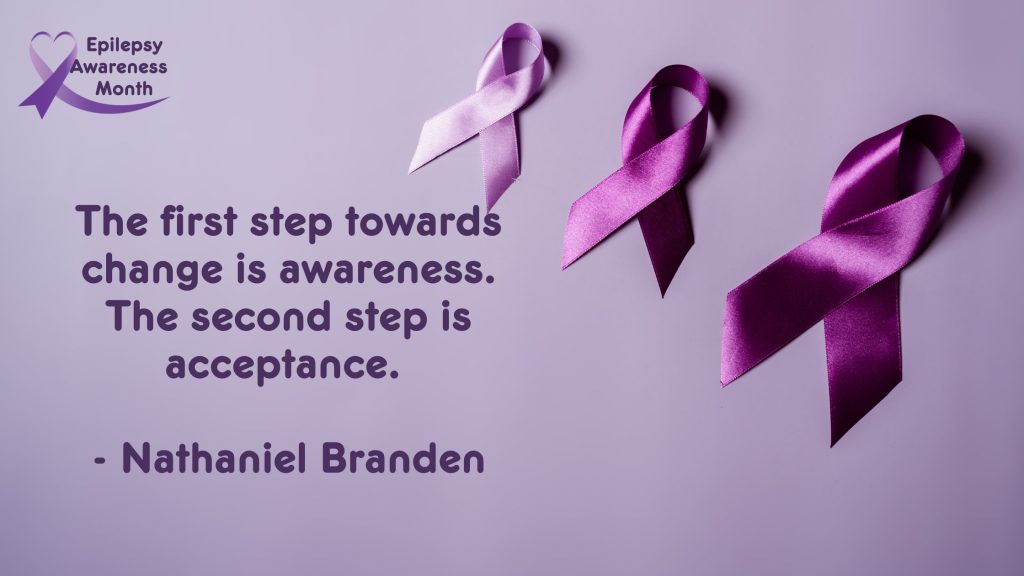
While we can make efforts to learn and do better, nothing can beat hearing from someone walking this journey. We had the honour to speak with Sukaina from our community who is a blogger, bibliophile and also someone who has been living with epilepsy from the age of 12.
Her story stands as a beacon of resilience and triumph so here we are, sharing it with you!
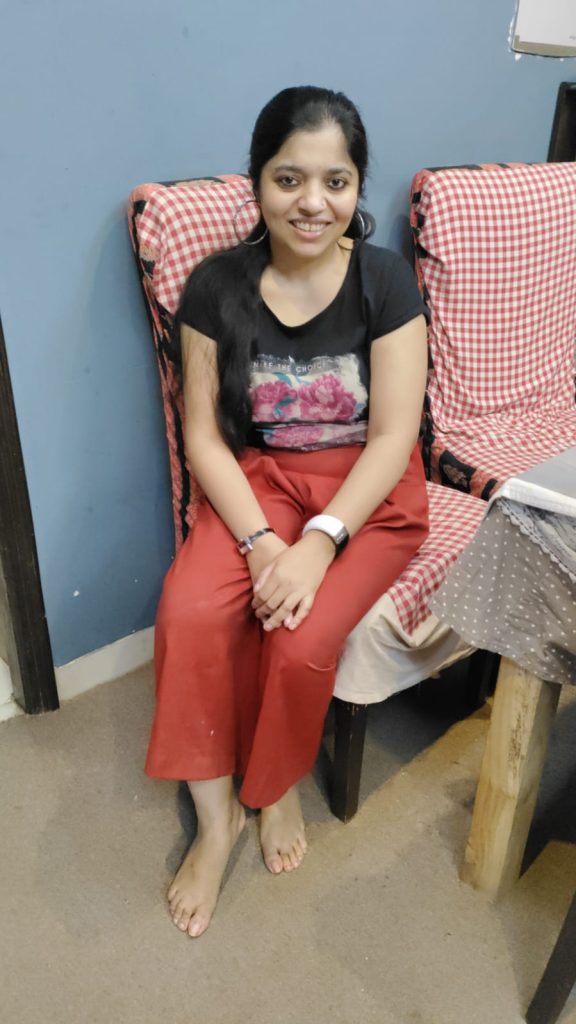
1. You were diagnosed with epilepsy at the age of 12. What were your initial thoughts, and what helped you process it all?
I still remember the incident vividly. My aunt and uncle were visiting us, and we were in conversation with them when suddenly, I only remember waking up to my mother’s face, and I asked her what happened.
She replied that I had a seizure.
It was violent, and I don’t know how I looked, but my mother had fear written all over her face. Once my parents narrated the episode to our family doctor, I underwent EEG and MRIs. I was taking strong, heavy pills three times a day. I was eating more than I should have, and since my body was getting used to the medicines, I would often get seizures.
It had been six months, and my body, my routine, and my life choices changed overnight. I wasn’t allowed to swim (I love the water). I was not allowed to cycle because one had to take precaution in case I am cycling and I get a seizure. I was a child, so whatever I was doing was whatever my parents told me to do. I would get frustrated with the amount of pills I had to take (which till date in the market remain one of the most expensive medicines), and my parents and I both were grappling with this change that every now and then we would be caught crying. I am really thankful to my parents, my sister.
At 12, I didn’t understand, and sometimes at 33 too I don’t, but their overprotective nature in nurturing me with epilepsy helped me process that I am going to live with epilepsy. We changed doctors, got MRIs done, saddening us even more when we found out that I have the type of epilepsy where the reason is not known. Epilepsy was new for my parents too and the level of seriousness it had. But come rain or sunshine, my parents have always been there. A pillar of support nobody can replace.
2. Living with epilepsy requires adapting to various situations. What coping strategies or techniques have you found most helpful?
Living with epilepsy brings in a lot of lifestyle changes and a lot of bullying. I was made fun of the way I went into my seizure mode when I was 15 years old by a boy.
I cried that day. I had no idea what happened to me when I got an epileptic seizure, so seeing that was unsettling and has unfortunately made a permanent place in my mind.
As clichéd as it may sound, my mother enrolling me in National School Of Drama Summer theatre workshop was a game-changer for me. I recognized myself. I identified myself. I was always an introvert, and theatre was like a key. It opened up a lot of hidden spaces in my brain which helped me focus on myself. I was listening to music. I was singing. Unfortunately, I wasn’t able to continue kathak, but I still danced. To be very honest, there wasn’t a one-size-fits-all scenario.
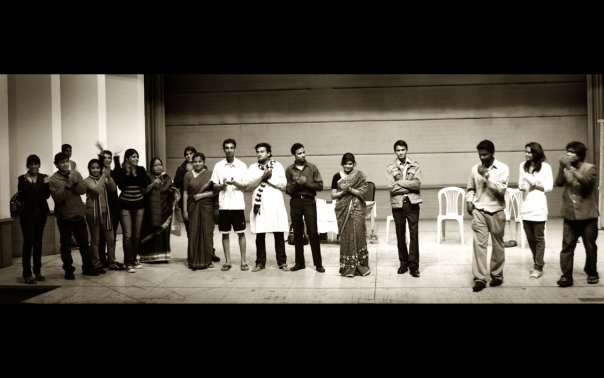
Every time I got a seizure in my teen years, it was just back to work and living on with the disorder. My doctors hoped for the frequency of the seizures to go down. And surprisingly in 2007, my mother tells me I didn’t get even one seizure. Nobody knows why, but my parents were very happy.
My coping mechanisms have always been spending time sleeping off my seizure and not feeling sorry for myself. I go back to living life like I was.
It’s the only way I can tell the world that though I get seizures, there’s much more to me than that.
3. Would you like to talk about a specific moment or incident (1 or more) where you felt particularly resilient?
My seizures have this annoying aspect about them that it erases a little part of my memory, and so I have the memory, but I don’t remember the entire thing.
It was in 2014 when I had gone for a digital storytelling workshop in Amsterdam, and we were playing games in the blue pen of the organization that had invited us. Next thing I know, I am getting up from a sofa and everyone surrounded me is concerned. When I returned to India, my company got a call from the head. Why did I get the seizure? They knew I had epilepsy, but they didn’t think I would get a seizure. The doctors here said it could have been because of exertion, late medicines, or just because my brain felt like.
No one knows.
I was 22 years old and I felt I got played into a narrative which was never mine.
And I had never once told my company, oh I don’t get seizures anymore. I shut down after that and started talking less about epilepsy because I thought everyone was going to judge me the moment they got to know I have epilepsy. I stopped talking about it.
It disappeared from my conversations even after I changed my job, and the silence was throwing me into a black hole I wasn’t even aware of.
In 2017, I joined a youth foundation which focused on mental health and gender awareness. They had a session in Oxford Bookstores Connaught Place, and one of the speakers talked about how they are dealing with anxiety, and the other talked about their bipolar disorder. I listened to them transfixed, and the symptoms they talked about were very similar to what I was feeling. My turn came, and I asked them a question and while asking the question, I broke down. Thankfully, I wasn’t bawling, and nobody was recording, but I knew that I have to acknowledge the peripherals of epilepsy.
My seizures had reduced over the years, almost to maybe twice in a year, and my parents were happy. What they didn’t know was the absentia, the stammer, and the anxiety that came with it to me.
I sought help and I talked. I talked of the shame that has been associated with epilepsy. The stigma and the silence hadn’t built over one incident but throughout the college years, the alienation by peers and horrific incidents where I would have lost my life. I took the decision that I can’t go on like this. This can’t be how I live my life.
I had joined Instagram by then; I studied up more on epilepsy. I got a heart (purple in color) for myself. Epilepsy is and will stay a part of me. That acceptance was first required by me in my early 20s. Only then others could accept it.
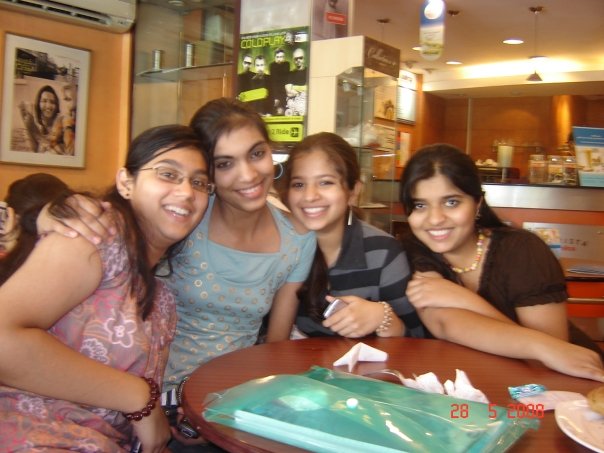
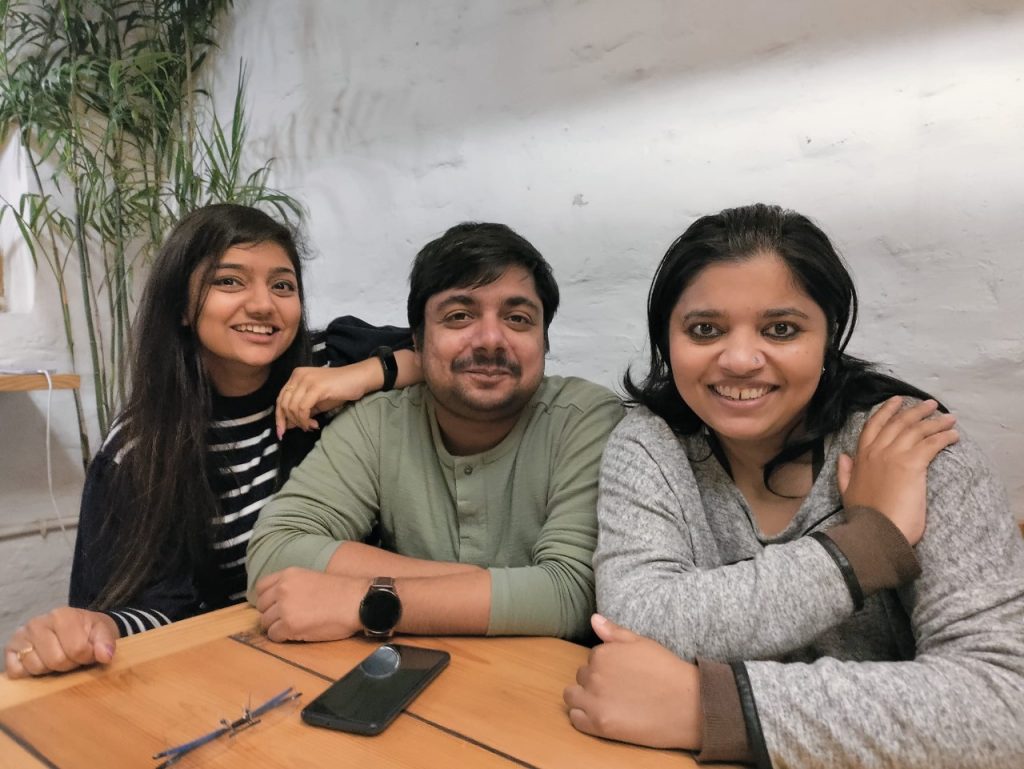

4. Epilepsy can often be misunderstood. Have you encountered any misconceptions or stigmas related to your condition, and how do you address or overcome them?
Oh, so many. I have met people who have suggested the most bizarre things to “cure” my epilepsy. There is treatment for epilepsy, for sure. But there is no cure. Epileptic women can get pregnant. We can play sports. We can drive. There is not just one kind of epilepsy. People living with epilepsy are as fun as the next person.
I remember seeing the movie Bawaal this year which featured Janhvi Kapoor and Varun Dhawan. I am still surprised no one talked about the epileptic person Janhvi Kapoor’s character was. I don’t understand how it became only about the World War.
There have been instances where I have shared YouTube videos with people who genuinely want to know what epilepsy is. I have written posts about what epilepsy is, what causes it and so on.
The biggest stigma till date still remains the silence.
It’s treated like it’s something to hide. In today’s age, it has become all the more important for me to shout from the rooftops; there is this neurological disorder Epilepsy. Look it up!
The lack of knowledge is so prevalent that sometimes when I am around new people I have to make sure at least one of them knows what to do if I get a seizure.
I have been handed a glass of water after I have woken up after a fit, and in that state of haze, I have felt the urge to throw back the glass at them about which I am not sorry at all.
5. How has your creative journey helped you navigate through life with epilepsy?
Journaling helped me a lot to write what I felt after a seizure or the developments I had after a certain age. My brain has always remained on high alert after it recovers from a fit in 2-3 days. I have started recognizing my emotions a lot better.
I don’t take away the anguish I feel about epilepsy because I deserve to feel the life that was handed to me.
I have written angry, I have been annoyed, but my creative juices that have kept me on high alert have really helped me grow as a person.
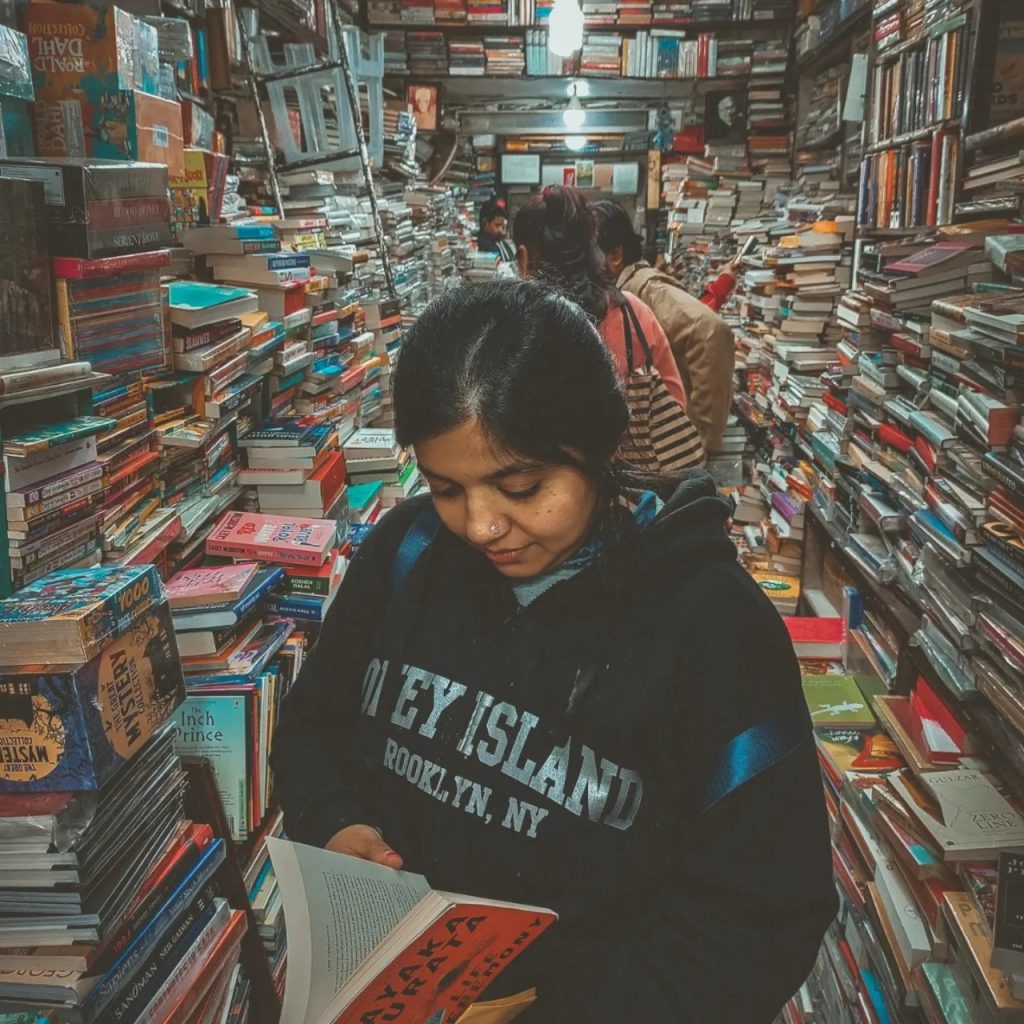
My need to prioritize certain aspects of my life and to keep working with it has really helped me grow.
I have understood that there will be people who will not understand epilepsy and then there are people who champion the cause of epilepsy with me.
A seizure has affected parts of my memory, and I need alarms for basic things, but the point is that I show up. I am a little behind but at the end of it all, I show up, and this creative journey has also started raising questions for how accessible our public spaces are for people with epilepsy, amongst other poignant questions.
6. Epilepsy Awareness Month aims to educate, raise awareness, break stereotypes and stigmas. What is a message you’d like the world to know?
This November, please Google Epilepsy and if you have epilepsy, please don’t feel ashamed. If you have epilepsy or know someone who has epilepsy, spread the word. Talk about it.
The dialogue shouldn’t stop.
Many people are living in India, undiagnosed. Start with your small circle. Start from home. Neurological disorders are as important to talk about as other health conditions.
7. A favourite thought/quote that helps you when you need strength.
When it comes to epilepsy, I just remember my mom’s words,
“Look life has given you so much. This is one aspect. Be thankful that it’s only this.”
I completely agree. I am just grateful I have got such amazing parents who have never stopped me from doing things and have given the world to me in every sense of the word.
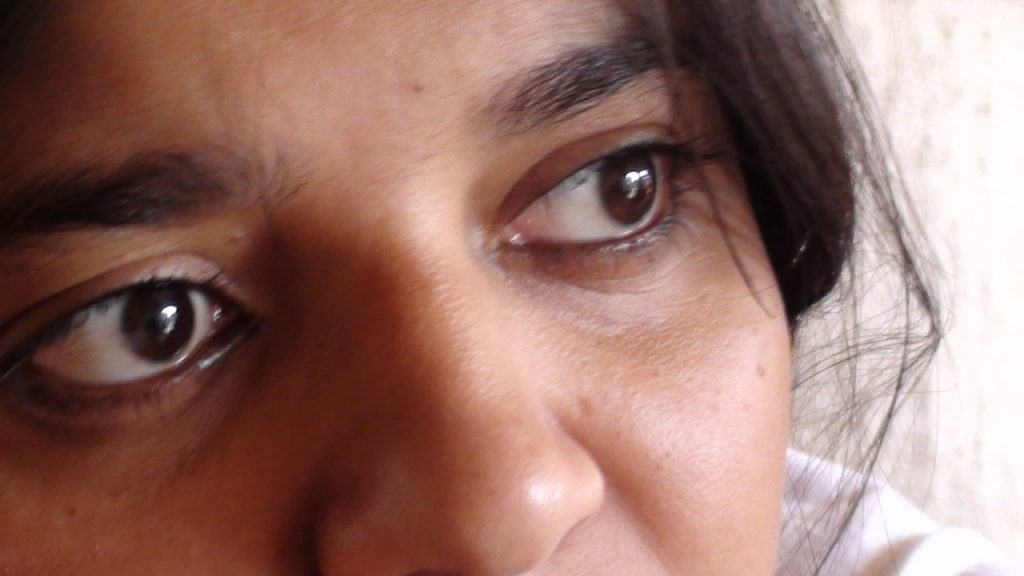
In a world that often misunderstands, Sukaina’s creativity and courage break barriers.
As we wrap up this insightful conversation with Sukaina, let us carry forward the message her experiences give us— the importance of dialogue, empathy, and understanding in creating a world where conditions like epilepsy are not shrouded in stigma but met with knowledge and support.
You can also connect with Sukaina on her Instagram where she shares her journey and her love for books and you can also become a part of her book club here.
Do you have a story to share? You can do so through CauseAChatter Stories.

